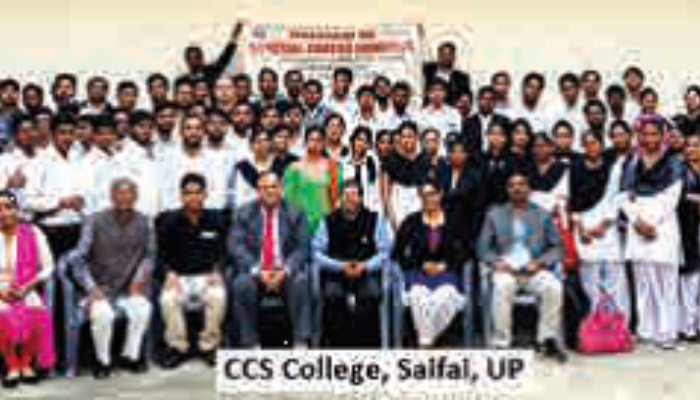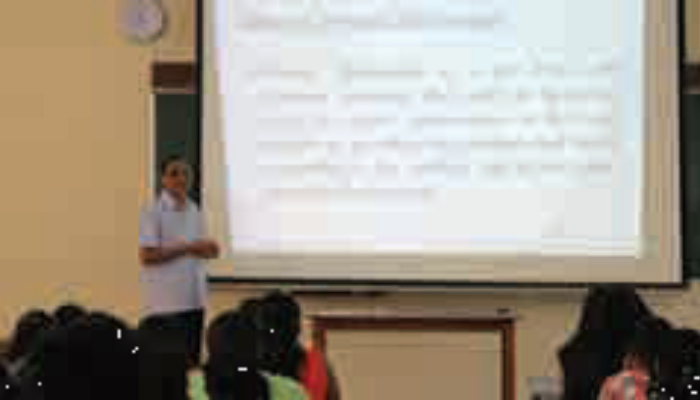
or


The first question that comes to mind is the Indian legal industry really lagging behind the international legal industry? The simple answer to this question is that there only a few Indian law firms have an international presence. Even those Indian firms that do have foreign offices, do not compare to the level and amount of work done by large international law firms.
So why is the Indian legal industry lagging behind? In my opinion, besides the statutory limitations, there are several other reasons for this. Prominent among these is the lack of diversity owing to lack of equal opportunity, professionalism and transparency. There is still a great deal of ad-hocism within the industry. Before we go into how to address these lacunae, let us dig into the advantages of a diverse workforce.
A diverse workforce allows an organisation to develop a deeper understanding of a community and market segments and thus cater to a larger client base. Besides making one an employer of choice, it allows an organisation to retain a wider talent pool while allowing rapid growth and expansion. This bring us to how to ensure diversity at the workplace?
There are two important steps towards ensuring a diverse workforce: a fair recruitment process and conscience efforts to recruit from underrepresented groups. Steps towards ensuring a fair recruitment include setting a job description, advertising the post widely and ensuring that there is an interview panel so that the views of more than one person are taken into consideration when recruiting.
The more difficult part, however, is making concerted efforts towards recruiting candidates from groups that are underrepresented as this requires additional efforts and funds. This is where Project Abhimanyu (PA) steps in.
PA is working towards guiding students who do not have access to proper training due to issues such as belonging to a tier II or tier III city or being a first-generation lawyer or belonging to a non- NLU university or newly formed NLU or students entering the profession from non-traditional backgrounds. In its efforts, PA provides guidance online and also actively reaches out and conducts workshops in colleges in tier II and Tier III cities. It has in the past conducted workshops at the following colleges:
Project Abhimanyu is working at the grassroot level, however, change has to come throughout the system. The need of the hour is taking conscious steps like providing internship opportunities to students without discrimination, investing in training students, following a more transparent recruitment process and going online. It would be my humble request to firms and lawyers to actively implement these steps and collaborate towards the progress of the Indian Legal Industry.
The LW Bureau is a seasoned mix of legal correspondents, authors and analysts who bring together a very well researched set of articles for your mighty readership. These articles are not necessarily the views of the Bureau itself but prove to be thought provoking and lead to discussions amongst all of us. Have an interesting read through.

Lex Witness Bureau

Lex Witness Bureau

For over 10 years, since its inception in 2009 as a monthly, Lex Witness has become India’s most credible platform for the legal luminaries to opine, comment and share their views. more...
Connect Us:


The Grand Masters - A Corporate Counsel Legal Best Practices Summit Series
www.grandmasters.in | 8 Years & Counting
The Real Estate & Construction Legal Summit
www.rcls.in | 8 Years & Counting
The Information Technology Legal Summit
www.itlegalsummit.com | 8 Years & Counting
The Banking & Finance Legal Summit
www.bfls.in | 8 Years & Counting
The Media, Advertising and Entertainment Legal Summit
www.maels.in | 8 Years & Counting
The Pharma Legal & Compliance Summit
www.plcs.co.in | 8 Years & Counting
We at Lex Witness strategically assist firms in reaching out to the relevant audience sets through various knowledge sharing initiatives. Here are some more info decks for you to know us better.
Copyright © 2020 Lex Witness - India's 1st Magazine on Legal & Corporate Affairs Rights of Admission Reserved